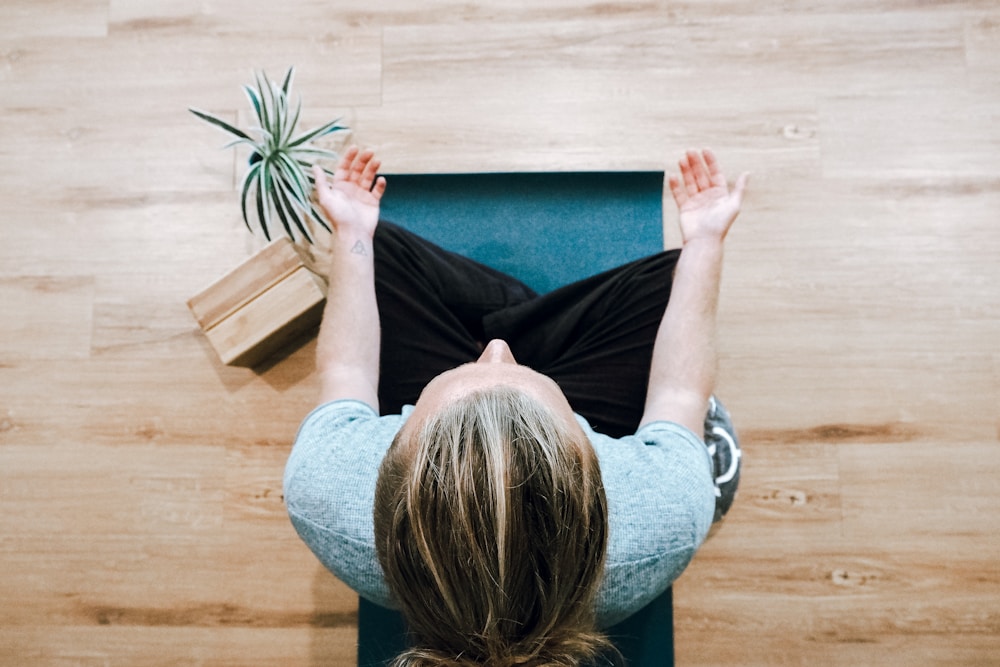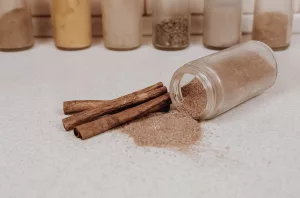Did You Know?
Stress isn’t just a mental struggle—it can take a serious toll on your physical health. From headaches to heart disease, prolonged stress can lead to various health concerns. Understanding how stress impacts your physical health and learning effective management strategies can significantly improve your well-being.
Table of Contents
The Impact of Stress on Physical Health
How Does Stress Affect Your Body?
When you encounter stress, your body responds by releasing cortisol and adrenaline. While these hormones help in emergency situations, chronic stress keeps them elevated, leading to long-term health issues.
Common Physical Health Problems Linked to Stress

1. Cardiovascular Issues
Chronic stress increases the risk of high blood pressure, heart disease, and stroke. Elevated cortisol levels contribute to inflammation and arterial damage.
2. Weakened Immune System
Prolonged stress suppresses immune function, making you more susceptible to infections, colds, and slow wound healing.
3. Digestive Disorders
Stress can lead to stomach pain, acid reflux, irritable bowel syndrome (IBS), and even ulcers due to increased stomach acid production.
4. Sleep Disturbances
Insomnia and poor sleep quality are common in stressed individuals, further impacting cognitive function and overall health.
5. Weight Gain and Metabolic Issues
Stress triggers emotional eating and cravings for unhealthy foods, increasing the risk of obesity, diabetes, and metabolic syndrome.
6. Muscle Tension and Chronic Pain
Tension headaches, migraines, and musculoskeletal pain often stem from chronic stress.
The Connection Between Stress and Inflammation
Chronic stress leads to inflammation, which is linked to conditions such as arthritis, autoimmune diseases, and even cancer. Managing stress effectively can help reduce inflammation and promote overall health.
Tips for Stress Management
Lifestyle Changes to Reduce Stress

1. Practice Mindfulness and Meditation
Mindfulness and meditation techniques can lower cortisol levels and improve emotional regulation. Regular practice has been linked to reduced anxiety, improved focus, and better emotional resilience. Consider using apps like Headspace or Calm to get started.
2. Engage in Regular Physical Activity
Exercise releases endorphins, which act as natural stress relievers, improving both mood and physical health. Activities like yoga, swimming, and brisk walking can reduce tension and promote relaxation. Aim for at least 30 minutes of moderate exercise most days of the week.
3. Maintain a Balanced Diet
Consuming nutrient-dense foods rich in omega-3s, antioxidants, and fiber helps regulate stress hormones and supports overall well-being. Include foods like salmon, leafy greens, berries, nuts, and seeds in your diet to combat stress and enhance mood stability.
4. Get Quality Sleep
Prioritize a sleep routine by maintaining a consistent schedule, avoiding screens before bedtime, and creating a relaxing environment. Quality sleep restores the body and reduces the impact of stress. Aim for 7-9 hours of sleep per night.
5. Stay Hydrated
Dehydration can worsen stress symptoms. Drink plenty of water to support cognitive and physical functions. Carry a water bottle with you to ensure you stay hydrated throughout the day.
Natural Remedies for Stress Relief

1. Herbal Teas
Chamomile, lavender, and ashwagandha tea can help calm the nervous system and promote relaxation.
2. Aromatherapy
Essential oils like lavender and peppermint can reduce stress and improve mood when used in diffusers or applied topically.
3. Deep Breathing Exercises
Techniques such as diaphragmatic breathing and the 4-7-8 method can instantly lower stress levels.
Social and Emotional Well-Being
1. Connect with Loved Ones
Strong social support helps buffer the negative effects of stress and promotes emotional resilience.
2. Engage in Hobbies
Creative activities, reading, or spending time outdoors can provide mental relaxation and stress relief.
3. Seek Professional Help
If stress becomes overwhelming, therapy or counseling can offer effective coping strategies and support.
Final Thoughts
Stress is an inevitable part of life, but managing it effectively is crucial for maintaining physical health. By implementing lifestyle changes, natural remedies, and emotional support, you can minimize stress’s impact on your body.
Take Action Today
Start incorporating these stress-relief strategies into your daily routine and experience the difference in your physical and mental well-being. Want to learn more? Explore reputable sources like the American Psychological Association and Mayo Clinic for expert guidance on stress management.
Disclaimer: This article is for informational purposes only and does not constitute medical advice. Consult a healthcare professional for personalized recommendations.








